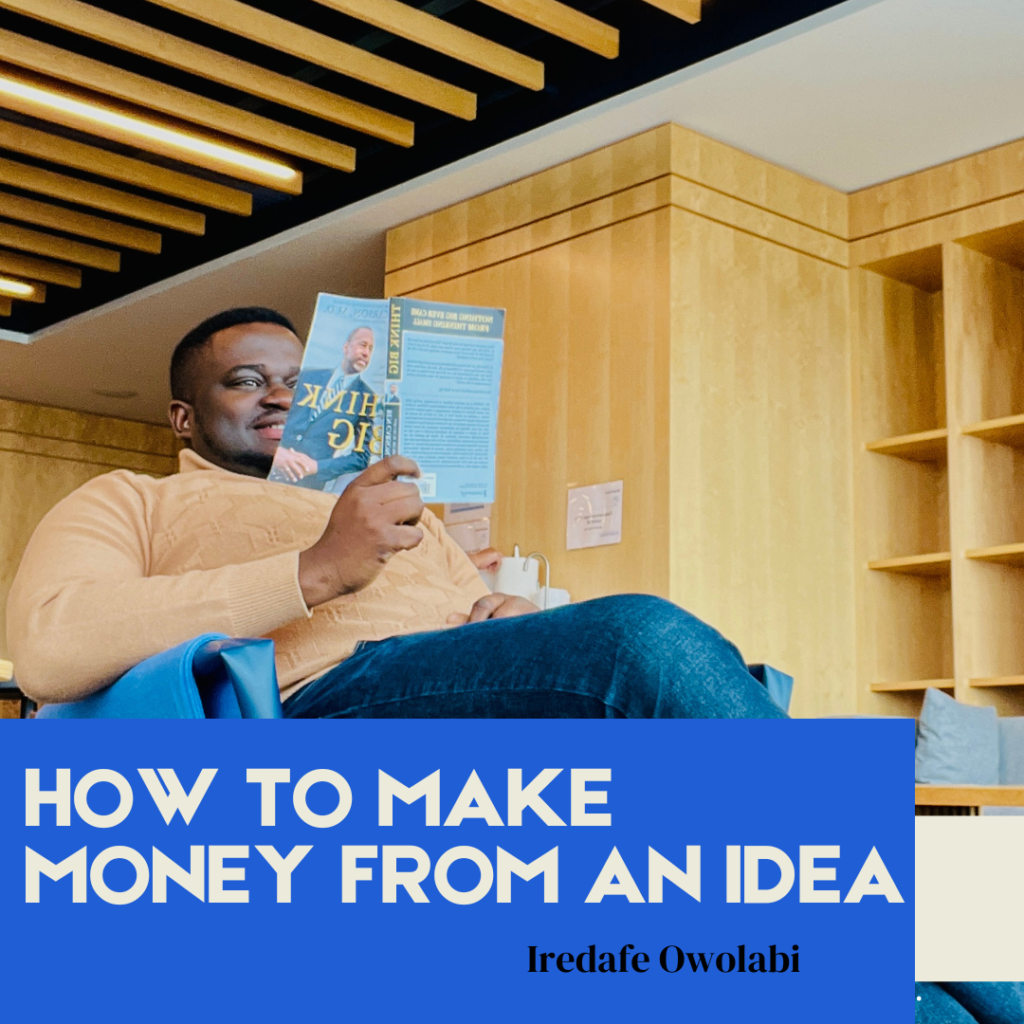10 Important Steps To Make Money From an Idea
https://youtu.be/ppk_m6AySsc Make Money From An Idea: Turning Your Ideas into Profits In the ever-evolving world of innovation, the question of how to transform a mere idea into a profitable venture often looms large. This guide aims to navigate the journey from conception to realization, arming you with the insights needed to turn your creative spark into tangible rewards. Here’s a detailed exploration of the process that can help you make money from your invention ideas. Emotional vs. Business Decisions The first step in turning an idea into a successful product is understanding the difference between emotional and business decisions. Many people fall in love with their ideas, believing it to be a game-changer that will revolutionize their lives. While passion is essential, it’s crucial to wear your business cap and make decisions based on feasibility, market research, and the potential return on investment. 1. Identifying Opportunities Being aware of your surroundings is the bedrock of creativity. From the moment you wake up to the time you go to bed, countless opportunities surround you. The key is observing everyday tasks and identifying problems that can be solved in a new or better way. Whether it’s a minor inconvenience or a more significant issue, if it affects many people, it has the potential to be a lucrative invention. Additional Resources The Simple Reasons Why People Are Not Creative [Yet] 4 Levels Of Wealth Creation – Inspired By Myron Golden 5 Steps To Overcome Creative Blocks 2 Mistakes To Avoid When Solving Problems at Work Where Do Creative Ideas Come From? [10 Channels Everyone Can Tap Into] 2. Evaluating Your Idea Once you have an idea, it’s time to evaluate it critically. Ask yourself these essential questions: –Market Size: Who is your target audience? Is it a niche market, or does it have mass-market appeal? –Uniqueness: How does your idea stand out from existing solutions? What makes it better or different? –Feasibility: Can it be manufactured easily, and is it cost-effective? –Legal Considerations: Are there existing patents that might be infringed upon? Is your idea novel enough to be patented? Grab a copy of Kingdom Currency For Students, Graduates and Business Men on Amazon with this link. 3. Prototyping on a Budget If your idea passes the initial evaluation, the next step is to create a prototype. This doesn’t have to be an expensive process. Start by using available resources and materials to create a working model of your idea. Prototypes help you identify potential design flaws and improve functionality before moving on to production. Listen to this podcast for more insights on this. 4. Intellectual Property and Patents Securing your idea legally is pivotal. Intellectual property (IP) includes patents, trademarks and copyrights, ensuring that your idea or brand is protected from theft or imitation. Here’s a breakdown of the key aspects of IP: –Patents: Protect the functional aspects of your invention. They can be utility patents (covering new processes or machines) or design patents (covering new, original designs). –Trademarks: Protect brand names, logos, or slogans that distinguish your products or services. –Copyrights: Protect the original works of authorship, such as written instructions, technical drawings, and other creative outputs related to your invention. 5. Licensing and Royalty Opportunities If manufacturing and marketing your product seem daunting or outside your financial capabilities, licensing is an excellent alternative. You can license your idea to a company that has the resources and distribution channels to bring your product to market. In return, you earn royalties for each unit sold. If you want to transform your idwas, gifts, skills and talents to profitable creations, grab a copy of this book on Amazon. 6. Real-World Research and Validation Conducting thorough research is critical to validating your idea. Look for similar products in the market, analyze their strengths and weaknesses, and identify how your solution can be better. Conduct surveys or focus groups to gather feedback and refine your product accordingly. 7. Protect Your Idea Safeguarding your idea before discussing it with potential investors or partners is crucial. Non-disclosure agreements (NDAs) are legal frameworks that protect your intellectual property during these discussions. Grab How To Enjoy Kingdom Currency here. 8. Overcoming Financial Constraints A common challenge for many innovators is the lack of capital. Here are some strategies to overcome this hurdle: –Bootstrapping: Start small and reinvest any earnings back into your project. –Crowdfunding: Platforms like Kickstarter or Indiegogo can help you raise funds from a large group of people. –Investors: Seek angel investors or venture capitalists who are willing to invest in promising ideas. 9. The Power of Perseverance Turning an idea into a profitable ventur e is rarely a straightforward journey. There will be challenges and setbacks but view them as learning opportunities rather than failures. Many successful inventors have multiple iterations of their ideas before hitting the jackpot. Use this link to invite me as a keynote speaker for your event. 10. Take Action The final piece of advice is simple but critical: Act on your idea. Don’t let it remain a ‘what if’ or a missed opportunity. Capture it, research it, and then decide on the best path to bring it to fruition. In Conclusion: How To Make Money Off Your Ideas Creativity is about seeing the world differently and identifying opportunities where others see obstacles. With the right approach, your inventive ideas can transform from concepts into profitable realities. Embrace the journey of innovation, and remember that every big success story started with just a spark of an idea. Thank you for exploring this guide on turning ideas into profits. Stay tuned for more insights, and remember to keep fostering your creativity to unlock endless opportunities. Let your imagination guide you towards new inventions and successful ventures! Feel free to drop me a comment or a question in the section provided below and I would be happy to read and respond to them.



![Why Creativity In Leadership Is Important [3 Reasons] 6 Creativity In Leadership](https://iredafeowolabi.net/wp-content/uploads/2024/02/Simple-blog-post-Instagram-Post-6-1024x1024.png)





